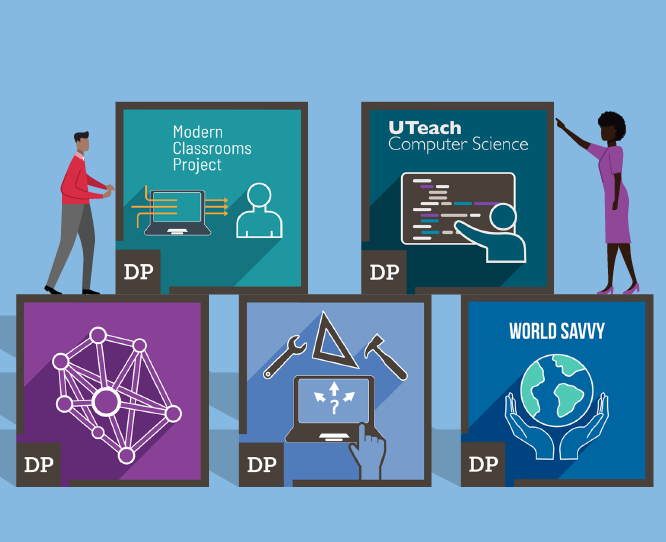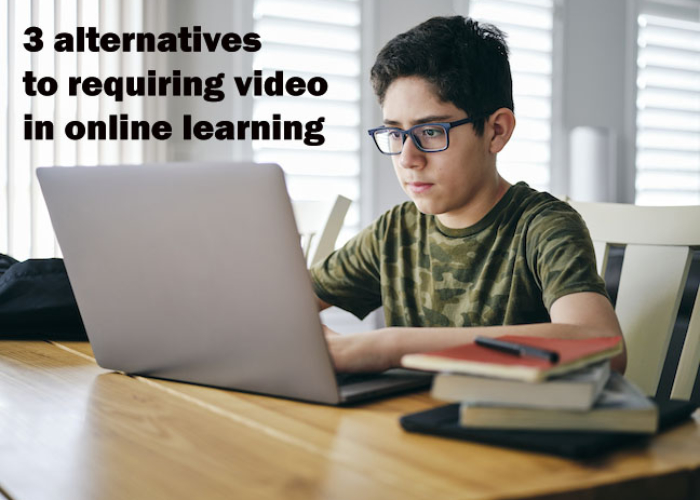During the disrupted school schedules of COVID, micro-credentials are having another moment as a more flexible and personalizable form of professional development.
Teachers in Talladega County Schools in Alabama have over the last few years been pursuing online micro-credentials in computational thinking as they deliver a hybrid of in-person and virtual instruction.
“It has been difficult to do job-embedded PD with teachers because of the time constraints,” says Brooke Morgan, the district’s coordinator of innovative learning. “Micro-credentials are a great avenue for teachers to work at their own pace and it has been a real advantage to be familiar with this type of professional learning during COVID.”
A shortage of substitutes during the pandemic has also made it harder to find time to pull teachers away from their classes for professional development, Morgan says.
More from DA: How a new data tool can diversify your teaching staff
A topic such as computational thinking is well-suited to micro-credentials because the terminology can intimidate some teachers. The platform Talladega County uses, developed by Digital Promise, establishes a common terminology for the subject, she adds.
Talladega County has placed teachers in cohorts so they can collaborate on computational thinking lessons, share evidence of student learning and reflect before they submit evidence to secure their micro-credentials.

Last year, teachers earned more than 50 micro-credentials, and the district has used grant funds to compensate them for earning PD badges. The hours spent working on micro-credentials can also be applied toward state recertification.
More recently, Talladega County has added micro-credentials in growth mindset.
Another benefit of this micro-credential process also requires students to ask reflection questions about how the activities improved their own proficiency, Morgan says.
“A lot of times, professional learning opportunities can be one and done, and there’s not a lot of time for follow up,” she says. “Micro-credentials add that accountability piece where there’s follow-through in using the teaching strategies, collection of evidence, and reflection by students and teachers.”
More from UB: Teacher pay tops Biden’s 5 priorities for K-12 education









